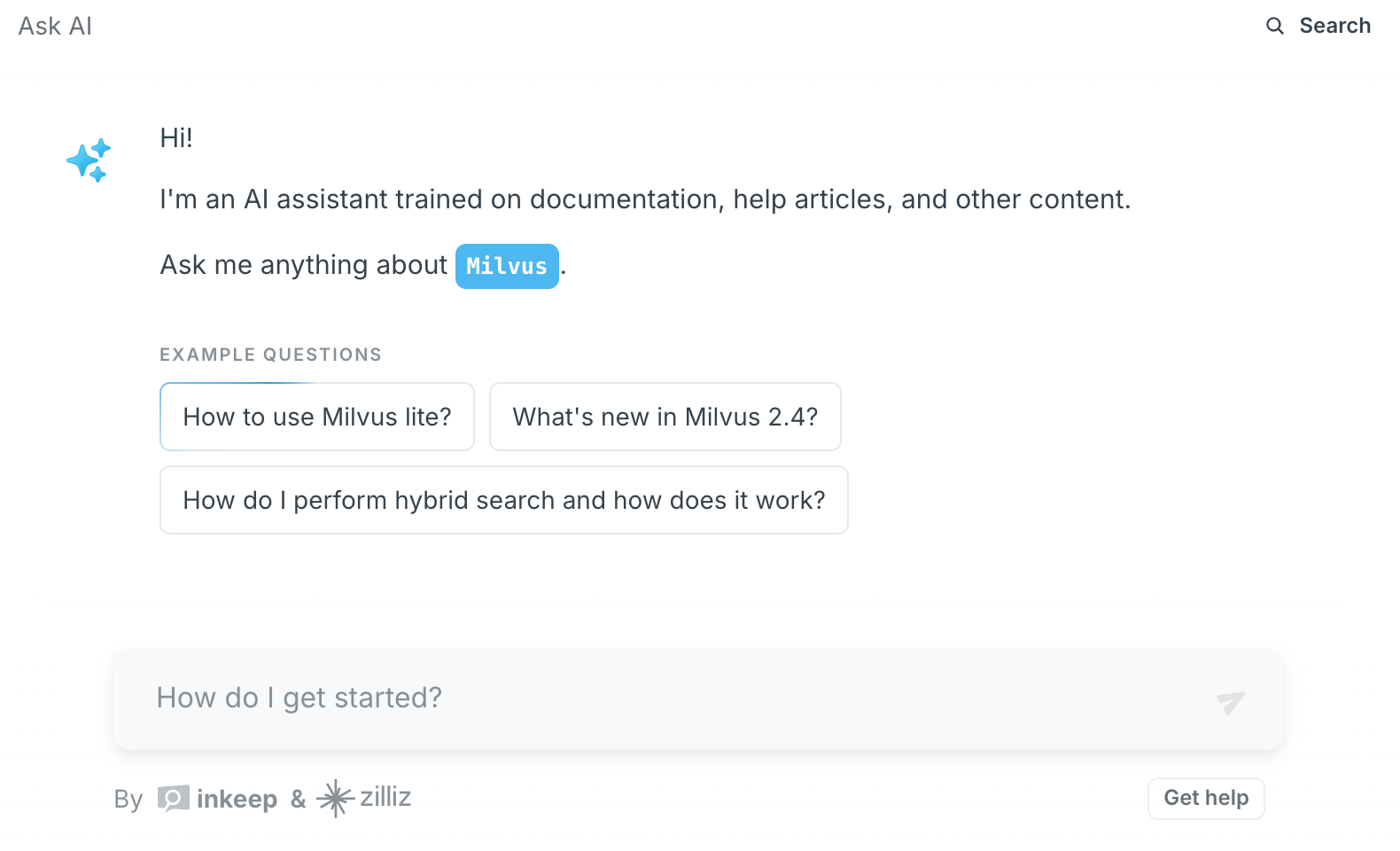Query caching or prefetching frequently asked questions (FAQs) can improve the apparent efficiency of a vector store in a Retrieval-Augmented Generation (RAG) system by reducing redundant computation and latency. When a user submits a query, the system first checks if a similar question exists in the cache. If a match is found, the precomputed response is returned immediately, bypassing the vector search and generation steps. For example, in a customer support chatbot, common queries like “How do I reset my password?” can be cached, avoiding the need to reprocess embeddings or search the vector database each time. Prefetching takes this further by proactively loading anticipated FAQs into the cache during system startup or low-traffic periods, ensuring rapid responses even during peak usage. This approach reduces server load and improves user experience by minimizing wait times for high-frequency questions.
The primary advantage of evaluating a RAG system with caching enabled is that it reflects real-world performance optimizations. Metrics like response latency and throughput will appear more favorable, as cached queries skip resource-intensive steps. For instance, a system handling 1,000 requests per second with a 40% cache hit rate effectively processes 600 requests through the vector store, reducing costs and infrastructure demands. Evaluations also benefit from simplified benchmarking: developers can measure improvements directly attributable to caching (e.g., a 50% reduction in average response time). However, this approach risks overestimating efficiency if test datasets are skewed toward cached queries. For example, if evaluations use a static set of FAQ-like prompts, they won’t account for cache misses or rare queries that require full processing, leading to unrealistic performance projections.
A key downside of evaluating with caching enabled is that it may mask underlying issues in the vector store or retrieval logic. For instance, if cached answers become outdated due to changes in the source data (e.g., updated product policies), the system might serve incorrect responses without triggering a vector store lookup. Evaluations might also fail to detect degradation in retrieval accuracy for uncached queries, as tests prioritize cached scenarios. Additionally, prefetching requires careful tuning: over-prefetching FAQs that users rarely ask wastes memory, while under-prefetching limits efficiency gains. For example, a travel assistant prefetching seasonal FAQs about “holiday discounts” might perform well in December but inefficiently use resources in June. Ultimately, caching improves apparent efficiency but complicates evaluations by conflating optimization gains with core system capabilities. Developers must balance these trade-offs by testing both cached and uncached scenarios separately.
